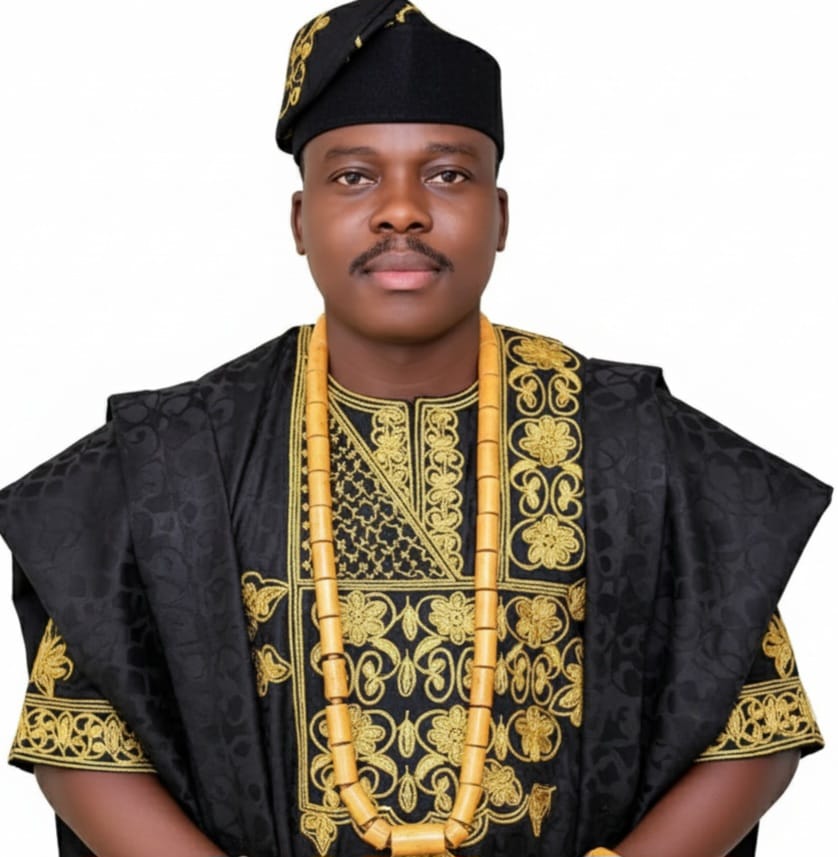A retired military officer and security expert, Capt Olasunkanmi Ishola (rtd) has rejected claims of an ongoing ethnic or religious genocide in Nigeria, describing such narratives as misleading and politically motivated. His comments follow remarks reportedly made by U.S. Senator Ted Cruz, who suggested Christians were being targeted in parts of the country.
Speaking in an interview, the expert said Nigeria’s insecurity challenges cut across all six geopolitical zones and affect multiple communities, regardless of faith or ethnicity. “There is no part of the country today that is completely free of insecurity,” he said. “But to describe the situation as an ethnic or religious genocide is incorrect. It is a general national security issue affecting everyone.”
Capt. Ishola cited the Boko Haram insurgency as an example often misunderstood. “When Boko Haram first emerged, people linked it to Islam. But Boko Haram has nothing to do with Islam. Islam, from what I know, is a religion of peace,” he said, stressing that both Christian and Muslim communities have suffered attacks. He pointed to cities like Jos and Maiduguri, areas with mixed religious populations, as evidence that violence is not targeted at one group.
Rather than religion, he argued, Nigeria’s insecurity is driven by political and economic interests. “These acts are politically motivated by selfish and greedy individuals,” he said. “These insurgents are not ghosts. They are people’s relatives, neighbors, and community members. This is why civil cooperation with security agencies is essential.”
His remarks come as some northern leaders, including the Governor of Niger State, Umar Bago, encourage residents to “defend themselves.” Critics have questioned how unarmed citizens are expected to confront well-armed insurgents. The expert agreed, describing the call for self-defense as impractical and potentially dangerous.
“You cannot ask untrained civilians to carry arms. It could worsen the situation,” he said. Instead, he urged communities to actively provide intelligence to the military and police. “Support the security agencies. Give credible information. That is how to defend ourselves collectively.”
Addressing recent military reshuffles, including the retirement of senior officers, he said such changes are routine and should not be linked to rumors of a coup attempt circulating online. “Service chiefs are appointed; they can be replaced. This is normal,” he said. “The Defense Headquarters has already denied any coup attempt. That should settle the matter.”
He further argued that the shake-up could signal renewed momentum in the fight against insecurity. “New commanders bring new strategies and new energy. Give them a few weeks; Nigerians should begin to feel the impact,” he said.
On government spending, he defended high security expenditure but emphasized the need for accountability. “Billions are being spent, yes, and the results may not seem dramatic, but there has been improvement compared to years past. Security challenges are global, not just Nigerian,” he said. “However, what we must ensure is proper utilization of funds. If money is approved for equipment, the equipment must be delivered.”
He admitted that inefficiencies and political interference may still hinder operations, especially when ministers and decision-makers lack sector expertise. “If you appoint someone with no background in defense as Minister of Defense, there will be gaps,” he said. He recommended reforms extending beyond the military to the ministry overseeing defense.
Despite ongoing challenges, he expressed confidence that renewed leadership and improved community cooperation could strengthen national security. “We all feel the impact of insecurity, directly or indirectly,” he said. “But progress is possible if government, security agencies, and citizens work together.”







